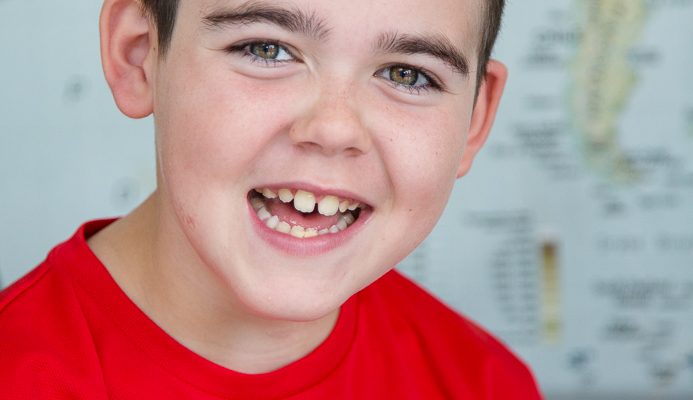Alfie Dingley suffers PCDH19 which is a genetic mutation and the cause to his severe treatment resistant epilepsy. In 2018 mum Hannah was center of a high profile campaign which led to a license being granted to allow Alfie to receive prescription cannabis and a few months later in November saw the change in law to allow prescribing of cannabis for the population of patients who needed it.
Thursday 28th April 2022, Hannah, Drew, Annie and Maggie celebrated two years seizure freedom. This freedom has allowed Alfie to thrive and live the best life, and has had a big impact on the quality of life for the family with Hannah now able to start a new career and work full time.
In 6 months we will be marking four years since that change in law, and to date there have only been three NHS funded prescriptions of full extract cannabis oils.
Hannah has called upon the BPNA and leading neurologists to meet with her to discuss the current blockages to access within the private the sector. The UK currently has one paediatric neurologist prescribing cannabis based medicines for children with severe treatment resistant epilepsy. Despite the great efforts of the Medical Cannabis clinicians society to recruit new paediatric prescribers, there is a great reluctance to come forward. Since the retirement of Dr Martinez of Portland Street Hospital, Dr Beri of Sapphire clinics is unable to refer his patients in the event anything were to happen to him. It was the responsible thing to do and close access and stop taking on any further patients.
This has left a large population of families with no access to prescription cannabis under clinical guidance, forcing them to the over the counter CBD market of illicit sources.
BPNA have always called for further robust evidence in the form of randomised controlled trials, but in October 2021 BPNA reviewed guidance after calls for them to bring them in line with the NICE clarification to prescribing, sadly their stance was a zero tolerance approach impacting access within the private sector with guidance stating ;
“If a paediatric neurologist prescribes an unlicensed CBPM in private practice they should also be certain that the family can sustain the cost of ongoing private prescriptions.
“We consider it unethical to initiate a treatment in private practice for which funding is not available in the longer term. The NHS is unlikely to meet the cost of future prescriptions of an unlicensed medicine that has no Level 1 evidence of efficacy and safety. “
In her letter to the BPNA requesting a meeting, Hannah has explained the huge benefit to Alfie’s health and quality of life. Prescription cannabis has resulted in huge savings to the NHS, as a result of Alfie needing fewer conventional anti-epileptic drugs (AEDs) and practically no need for hospital visits.
Hannah says:
Today [Thursday] marks two years seizure free for my son Alfie Dingley. His NHS prescription has given him two years of attending school, of making new friends and of healing from the years of seizures and devastation which hit him for many years before. It has also meant a chance for our family to heal.
It is a moral and ethical outrage that so many other families are denied NHS access to this medicine and are being forced to go private at huge cost.
On this two year anniversary of my son being seizure free as a result of this life transforming medicine I am challenging the leading doctors concerned, and the relevant regulators, to accept my invitation to discuss this situation. Many of the parents being denied prescriptions, both on the NHS and now privately, believe that guidance from the BPNA is playing a significant part in the blockage, hence my challenge to them.
The law change has led to an embryonic medical cannabis sector in the UK and a few thousand adult patients now benefit from this medicine for a range of conditions due to the emergence of a number of private clinics. However, it seems that even these private clinics are reluctant to prescribe to children with epilepsy.
It appears that the BPNA and other leading medical figures and regulators are concerned about whether there is enough evidence that medical cannabis is safe and effective, but there is a vast amount of real-world evidence and observational trial data available from all other the world.
As regards safety, if it isn‘t safe why was the law changed in the first place? Cases like Alfie’s show just how effective this medicine can be. It is the duty of all responsible to work together on a solution and not ignore the suffering of the many families who are currently keeping their children alive by paying for private access
Dr Evan Lewis of Neurology Centre Toronto a paediatric neurologist who actively prescribes cannabis for his patients has taken the harm reduction approach. Families are going to source cannabis regardless, surely it’s safer under clinical supervision where the clinician can learn but also monitor the patient rather than leaving desperate parents to go it alone, potentially opening up their child to further risks.
Photo taken by CLC Portraits.



